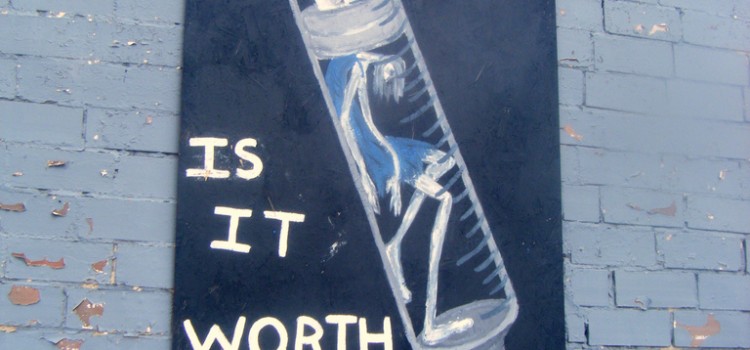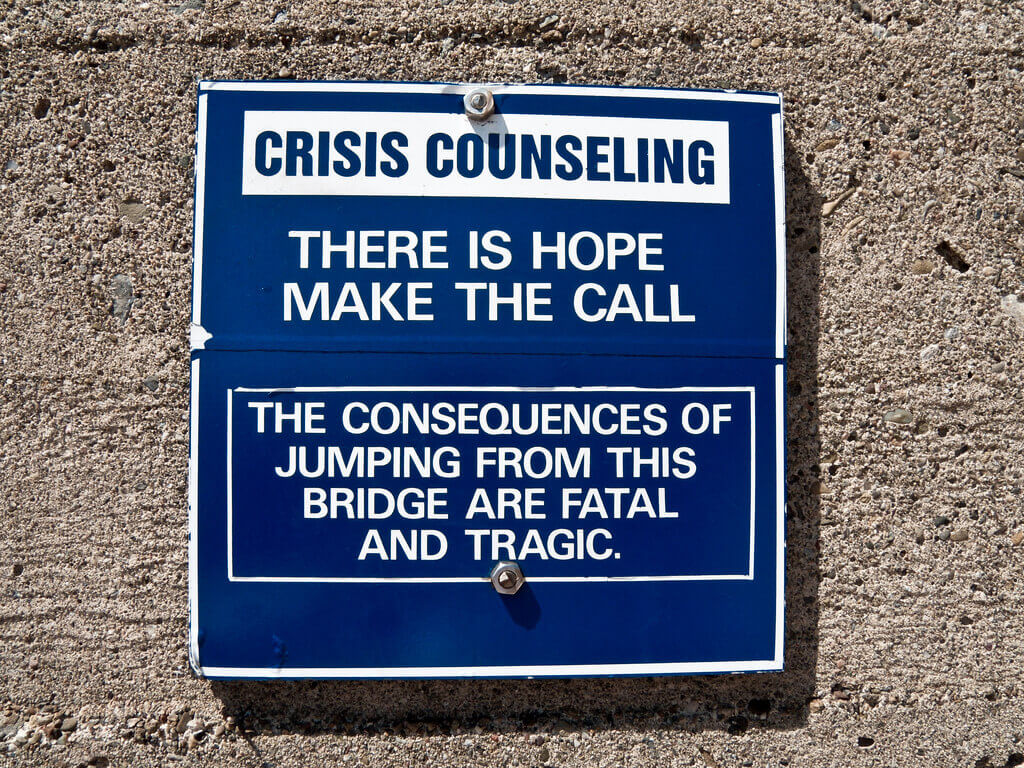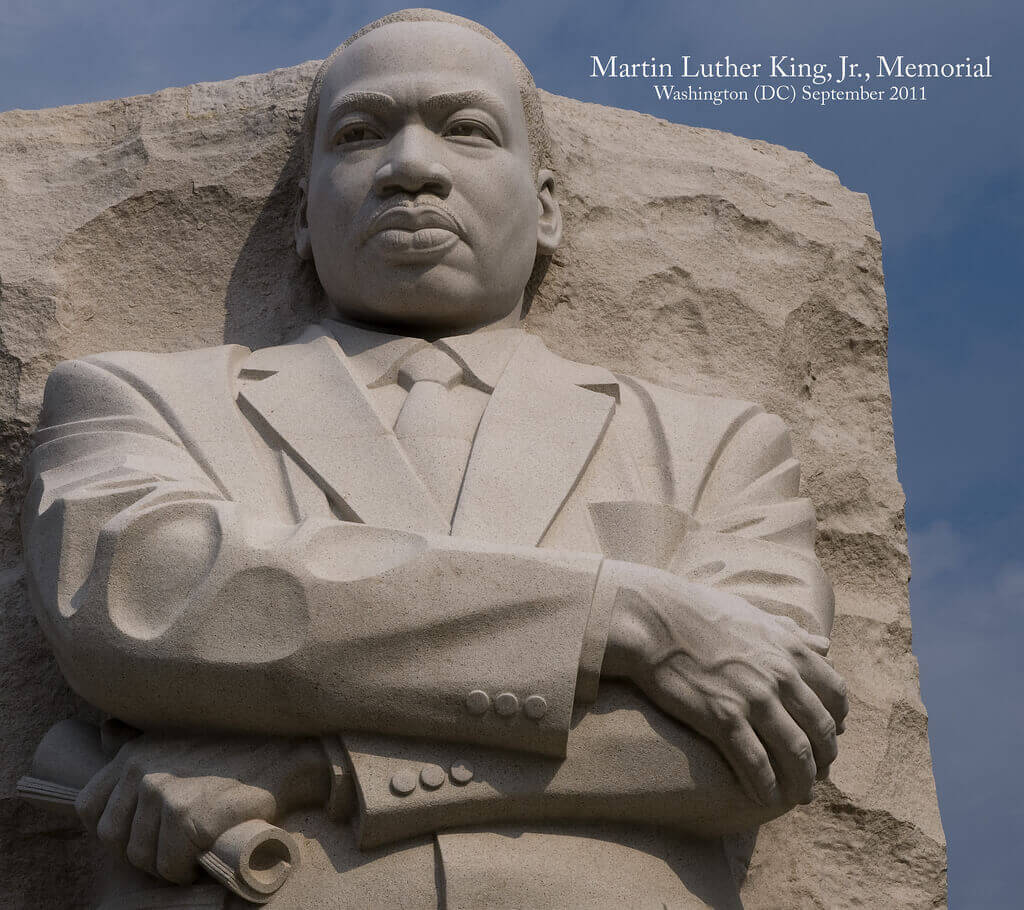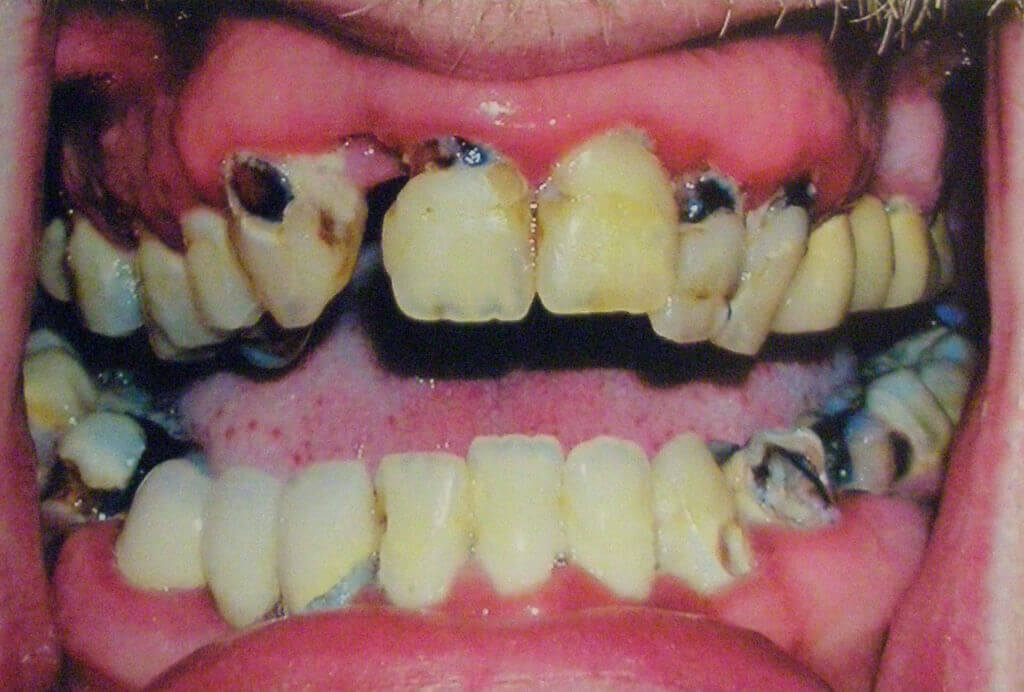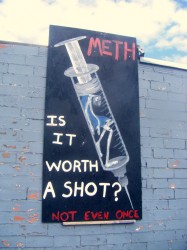 There are many roadblocks in the path of a substance abuser that wants to get better through treatment for drug addiction. Among the different factors that comprise this path are cultural social ones. For those coming from an underprivileged background or an alleged minority in the United States, such as the African American community, these factors can play an even greater role in rehab. In constructing new ways to help the African American community, the healthcare providers of the world have begun to look at new techniques and treatments that specifically address the social and economic issues that pertain to them. Not only are these two things under discussion, but also how dependence upon crack cocaine works and how crack cocaine addicts deal with drug rehab.
There are many roadblocks in the path of a substance abuser that wants to get better through treatment for drug addiction. Among the different factors that comprise this path are cultural social ones. For those coming from an underprivileged background or an alleged minority in the United States, such as the African American community, these factors can play an even greater role in rehab. In constructing new ways to help the African American community, the healthcare providers of the world have begun to look at new techniques and treatments that specifically address the social and economic issues that pertain to them. Not only are these two things under discussion, but also how dependence upon crack cocaine works and how crack cocaine addicts deal with drug rehab.
One of the things researchers must consider is the history of crack cocaine in relation to the African American community. A cheaper version of cocaine that a user is also able to smoke, crack is prevalent in most groups of an ethnic background and came to be accessible in the eighties. However, it continues to be an expanding problem.
It is most prevalent in lower income African Americans that live in inner cities across the United States. Moreover, though African Americans are about nineteen percent of the people who use crack cocaine, they only comprise twelve percent of those living in the United States, according to a study that the National Household Survey on Drug Abuse did in the early nineties. Other disturbing information exists about the relationship of crack cocaine and the African American community: its abuse is more common in them than in Whites and Hispanics, and they also suffer from more deaths and emergency room incidents.
There are other factors to consider outside the economic and social barriers previously discussed. Unemployment, age, lacking insurance, and bad living conditions amplify the abuse of crack cocaine no matter who the addict is and from what ethnic group they represent. More research on the subject has shown that African Americans tend to especially lack the resources necessary to seek help for their addictions. Residential drug treatment is hard to come by when so much of the research point to difficult barriers to overcome.
But there have been some successful efforts through efforts focused on harm reduction in addicts that are difficult to contact or for those who successfully went through treatment but are out and using again. Still, users who need the care that centers for mental health or rehabilitation can provide often to not have the ability to enter such facilities. This neglect shows researchers still have a long way to go in providing the necessary information to help addicts in the African American community.
